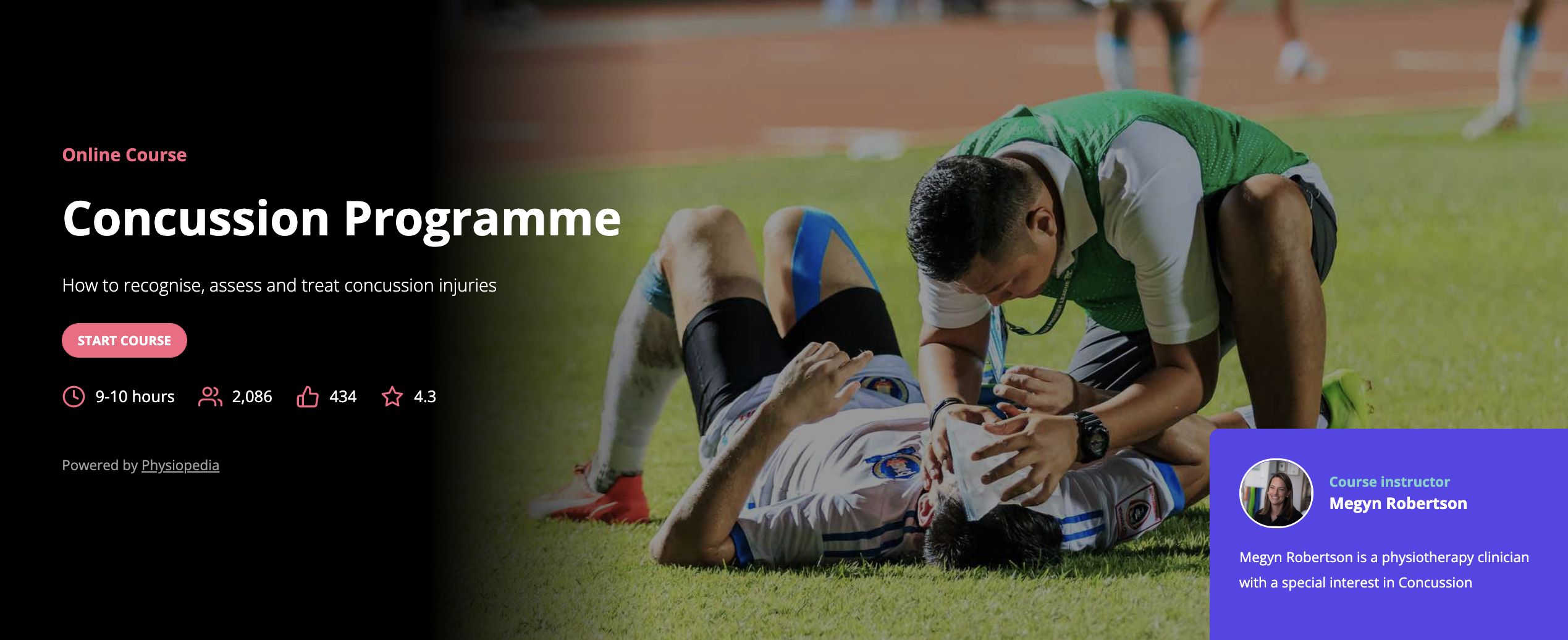Until recently, sports organisations all over the world relied on an established consensus that recommended a 6-day return to play for athletes diagnosed with concussion, as long as they were symptom-free. However, an investigation by the British Journal of Sports Medicine into the work of one of its editorial staff has brought attention to the consensus statements for concussion.
Over the years, there have been varying protocols adopted in sports to manage concussion. World Rugby (formerly the International Rugby Board) has followed the 6-day return-to-play rule since 2011. Before 2011, they had a strict “stand down” rule of 3 weeks. Based on new scientific evidence, they have now reversed the 6-day return-to-play guidelines, stating that no player will be able to return to the field of play before 12 days. They have also recommended that, after this initial period, each player be examined individually before being given the all-clear to play. Other contact sports are also looking at the science and reviewing their return-to-play guidelines, with the Australian Football League (AFL) increasing its time to 12 days and the Rugby Football League increasing its time to 11 days.
Boxing is one sport where the consequences of concussion have been well researched. Boxers have been known to experience memory loss, mood swings, confusion, disorientation, and difficulty thinking. This condition is known as chronic traumatic encephalopathy, also known as punch-drunk syndrome.
Recurrent head injuries have been linked to an increased risk of developing neurodegenerative diseases, which can lead to motor disorders like Parkinson’s, ataxia, dysarthria, spasticity and tremors, as well as cognitive issues such as dementia and memory problems. There are also studies being conducted to determine if there is a link between concussion and Alzheimer’s disease.
Concussion explained
A concussion is a type of brain injury that is caused by a bump or jolt to the head. Concussions can range from mild to severe, and most people who have a concussion will recover within a few days. However, some people may have symptoms that last for weeks or longer.
The clinical presentation of a concussion is not the same for everyone and can cause a variety of symptoms. These symptoms may appear immediately following the injury or hours or even days later. Symptoms can range from physical to cognitive to emotional, with headaches, fogginess, emotional changes, balance problems and sleep disturbances being the most common. Amnesia and loss of consciousness are two of the most critical signs of a serious injury and require immediate medical attention.
Physiotherapy assessment of concussion
When dealing with the complexities of concussion and the related symptoms a multidisciplinary approach is recommended as there are a number of medical and rehabilitation professionals involved in the assessment and treatment.
Physiotherapists are often the first members of the medical team to assess a concussion that happens during play. The SCAT5 (Sport Concussion Assessment Tool, 5th Edition) is a standardised tool used by the medical team to evaluate athletes suspected of sustaining a concussion. This will help to determine whether further immediate intervention is required by another healthcare provider. If no emergency treatment is indicated, it is important to carry out a thorough assessment of any suspected concussion and record the presence or absence of symptoms, impairments, and functional limitations.
However, evaluation extends beyond the initial injury. Rest in the first few days after a concussion can help with brain recovery and reduce and ease associated symptoms, but prolonged rest may be harmful. Continuous monitoring after an injury ensures that the best plan is implemented on a case-by-case basis.
To learn more about the assessment of concussion, read the Physiopedia page on Concussion Assessment.
Post-concussion syndrome
Post-Concussion Syndrome (PCS) is a condition that can occur when the symptoms of a concussion last longer than usual. Typically, concussion symptoms go away within 7–10 days, but in some cases they can last for weeks, months or even up to a year. It’s not clear what causes PCS, but some researchers think it might be related to structural damage in the brain or disruptions in the way neurotransmitters work. Other researchers think it might be caused by psychological factors. Treatment for PCS usually involves taking medication and learning more about the condition. Some evidence suggests that, instead of complete rest, doing moderate amounts of physical and cognitive activity might help reduce the symptoms of PCS.
Strategies for preventing concussion
Prevention is the best strategy until more research is done and a consensus is reached. While these measures cannot eliminate concussions, they can reduce the number and severity of concussions in sports. On the Physiopedia Concussion Prevention Strategies page, you can read about the steps that can be taken to reduce the risk.
